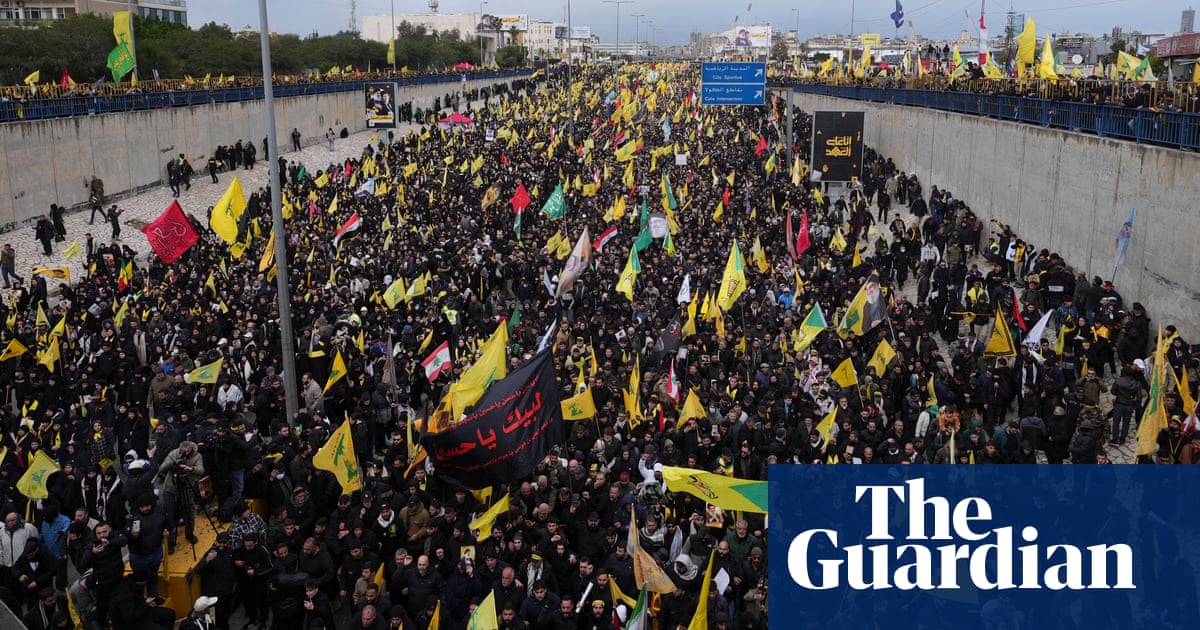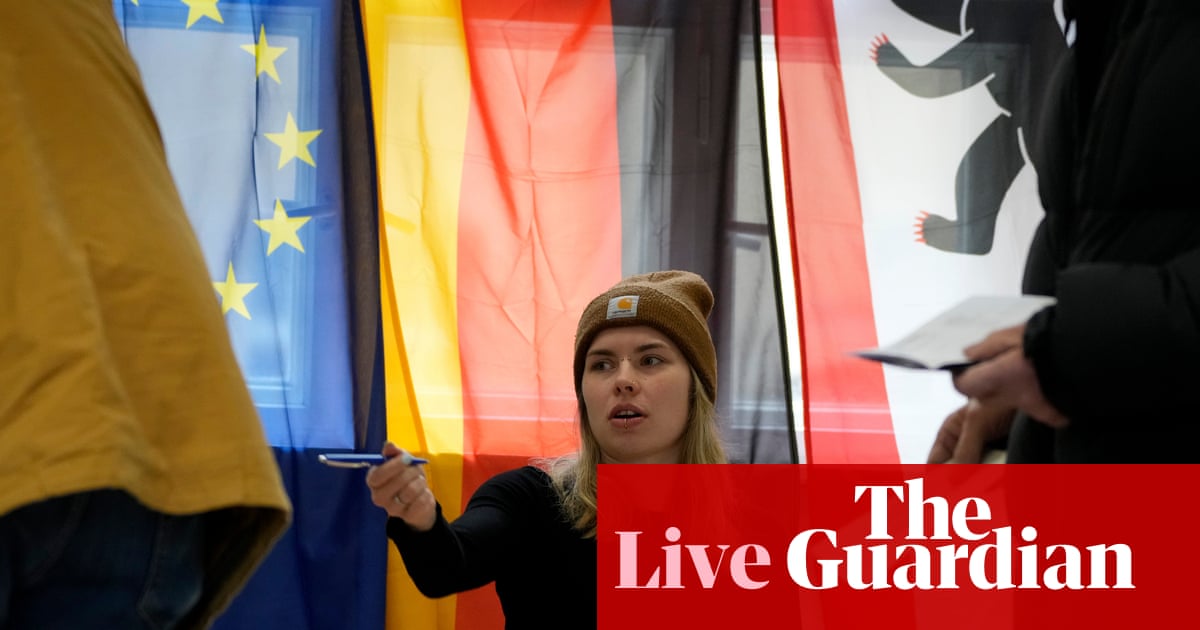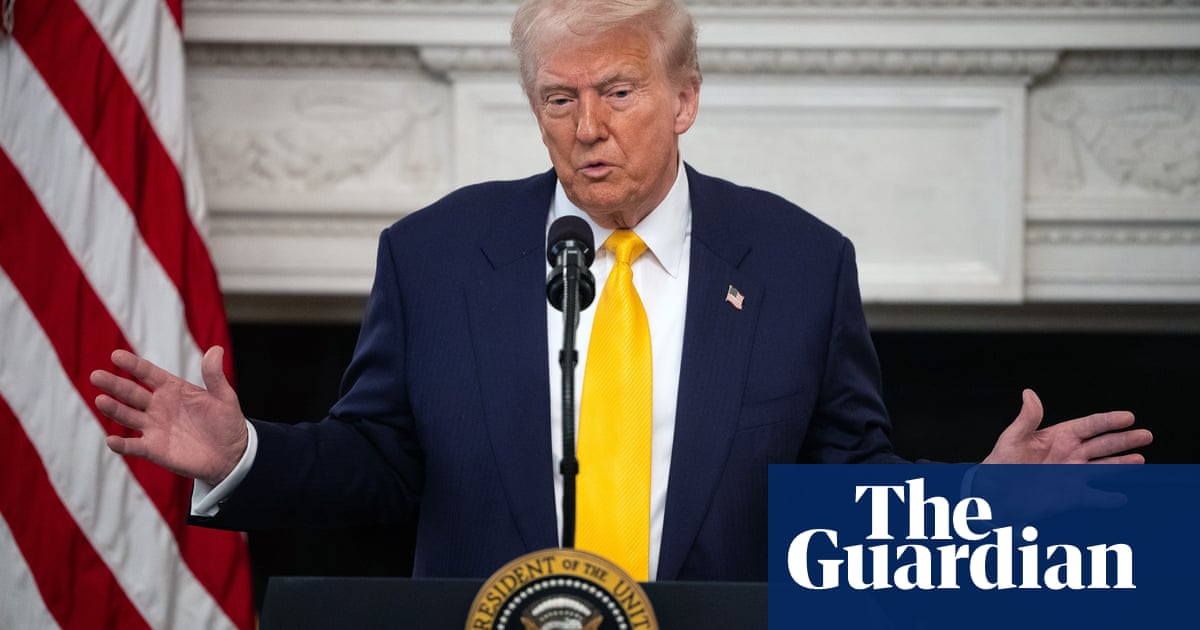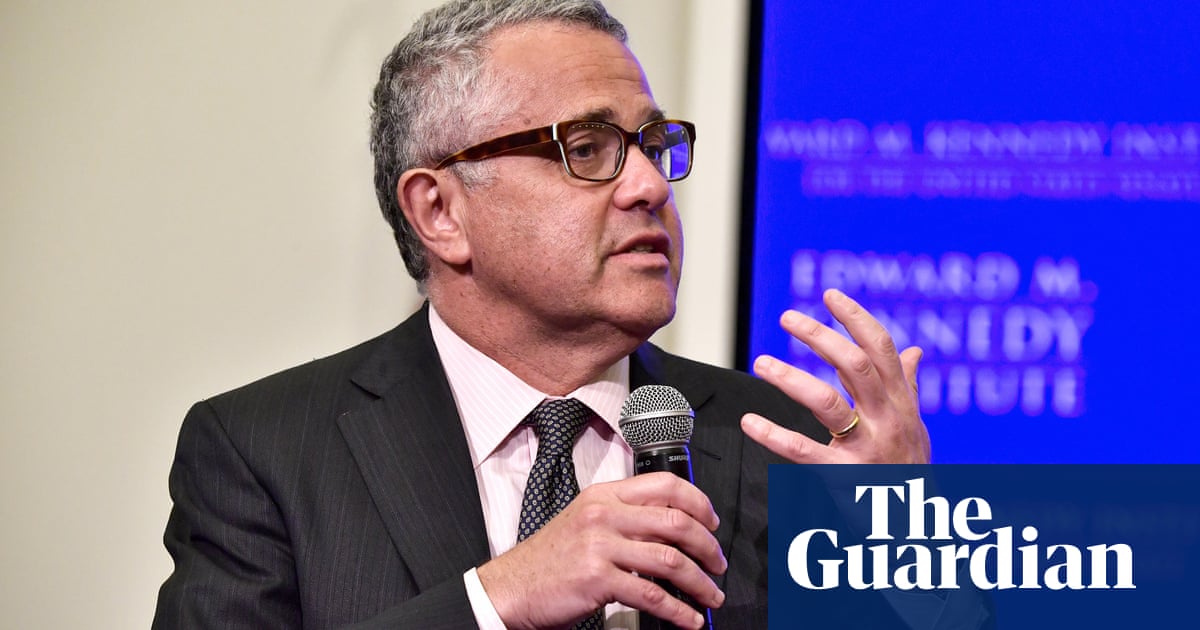Pete Hegseth, Trump’s nominee for secretary of defense, has attacked several key US alliances such as Nato, allied countries such as Turkey and international institutions such as the United Nations in two recent books, as well as saying US troops should not be bound by the Geneva conventions.
At the same time, the man who would head America’s gigantic military has tied US foreign policy almost entirely to the priority of Israel, a country of which he says: “If you love America, you should love Israel.”
Elsewhere, Hegseth appears to argue that the US military should ignore the Geneva conventions and any international laws governing the conduct of war, and instead “unleash them” to become a “ruthless”, “uncompromising” and “overwhelmingly lethal” force geared to “winning our wars according to our own rules”.
Hegseth’s policy preferences may raise concerns about the future of Nato, the escalation of tensions with Israel’s arch-foe Iran, and impunity for US war criminals, such as those who Hegseth persuaded Trump to pardon in his first term.
Tom Hill, executive director of the Center for Peace and Diplomacy (CPD), told the Guardian that Hegseth’s nomination reflected the fact that for Donald Trump, “one of the bases of support he owes is the Christian nationalist evangelical movement”.
In Hegseth, “what he is offering is Israel policy and a warping of foreign policy around Israel as a reward to this Christian nationalist base,” said Hill.
‘Europe has already allowed itself to be invaded’
While in the more distant past Hegseth was a foreign policy hawk aligned with neoconservatism, since what he has called his “Trump conversion”, he has written scathingly of multilateral institutions.
In American Crusade (AC), published in 2020, Hegseth asks bluntly: “Why do we fund the anti-American UN? Why is Islamist Turkey a member of Nato?”
Elsewhere in that book, Hegseth disparages the International Security Assistance Force, the UN security council’s peacekeeping force sent to Afghanistan in 2006, with claims based on his own service in Afghanistan: “On my camouflage uniform, I wore an American flag on one shoulder and an Isaf patch on the other,” he writes, adding: “The running joke of US troops in Afghanistan was that the Isaf patch actually stood for ‘I Saw Americans Fighting’.”
Like Trump, Hegseth characterizes Nato allies as not paying their way: “Nato is not an alliance; it’s a defense arrangement for Europe, paid for and underwritten by the United States.”
He also embeds criticisms of Nato in apocalyptic, “Great Replacement”-style narratives of European immigration. Hegseth writes at one point in AC: “Europe has already allowed itself to be invaded. It chose not to rebuild its militaries, happily suckling off the teat of America’s willingness to actually fight and win wars.”
Hegseth is particularly incensed by the inclusion of Turkey in Nato. He argues that the Turkish president, Recep Tayyip Erdoğan, “openly dreams of restoring the Ottoman empire” and is “an Islamist with Islamist visions for the Middle East”.
“The defense of Europe is not our problem; been there, done that, twice,” Hegseth writes, adding: “Nato is a relic and should be scrapped and remade in order for freedom to be truly defended.
“This is what Trump is fighting for,” he concludes.
The UN, meanwhile, he calls “a fully globalist organization that aggressively advances an anti-American, anti-Israel, and anti-freedom agenda. Here’s one set of rules for the United States and Israel, another for everyone else.”
On Hegseth’s characterization of Turkey as Islamist – the same descriptor he uses for militant non-state actors such as Isis – Hill said: “It’s extremist rhetoric that’s trying to paint literal treaty allies as illegitimate actors.”
‘If you love America, you should love Israel’
Hegseth’s belief in the UN’s bias against Israel mirrors his deepest apparent commitments: that any vision of international cooperation is rooted in his support of Israel, which at times he couches in religious terms.
In a striking passage in AC he presents his support for Israel against as a renewal of medieval crusades.
“Our present moment is much like the 11th century,” he writes in AC, adding: “We don’t want to fight, but, like our fellow Christians a thousand years ago, we must. We need an American crusade.”
He adds: “We Christians – alongside our Jewish friends and their remarkable army in Israel – need to pick up the sword of unapologetic Americanism and defend ourselves.”
Hegseth continues: “For us as American crusaders, Israel embodies the soul of our American crusade – the ‘why’ to our ‘what’.”
Hegseth concludes: “Faith, family, freedom, and free enterprise; if you love those, learn to love the state of Israel. And then find an arena in which to fight for her.”
Hill said Hegseth’s Christian nationalism, rooted in fundamentalist Christianity, is key to understanding his perspective on Israel.
“He is centering Israel in everything because of theology,” he said. “There’s an eschatology and a prophetic interpretation the Book of Revelations – the Second Coming, Armageddon, the return of Jesus that is really important, and Israel is central to that eschatology.”
after newsletter promotion
The Guardian previously reported that Hegseth, who has a tattoo of the crusader motto “Deus vult”, similarly presented the struggle against “internal” or “domestic enemies” as a “crusade” or “holy war”.
In AC, he explicitly connects this domestic crusade with his support for Israel, writing that “we have domestic enemies, and we have international allies … it’s time to reach out to people who value the same principles, relearn lessons from them, and form stronger bonds.”
Hegseth writes in AC that Israel, along with the European far right and Brexit, are among the overseas reservoirs of American values.
“Americanism is alive in Israel, where Benjamin Netanyahu boldly stands against international antisemitism and Islamism,” he writes.
Hegseth continues: “Americanism is alive in the hearts of Brexiters in the United Kingdom who yearn for national sovereignty. Americanism is alive in places such as Poland, which reject the globalist visions of leftist bureaucrats in old Europe.”
Israel, meanwhile, “continues to vanquish its Islamist foes – thanks to the big, beautiful wall and big, beautiful army it has built,” he writes.
Earlier this week, the international criminal court issued a warrant for the arrest of Benjamin Netanyahu over the conduct of Israel’s war on Gaza.
‘We will rip your arms off and feed them to hogs’
In 2024’s The War on Warriors, Hegseth argues at length that US forces should ignore the Geneva conventions and other elements of international law governing the conduct of war.
In the book, Hegseth asks: “The key question of our generation – of the wars in Iraq and Afghanistan – is way more complicated: what do you do if your enemy does not honor the Geneva conventions?
“We never got an answer. Only more war. More casualties. And no victory.”
Hegseth’s answer is that the conventions should be ignored.
“What if we treated the enemy the way they treated us?” he asks. “Would that not be an incentive for the other side to reconsider their barbarism? Hey, Al Qaeda: if you surrender, we might spare your life. If you do not, we will rip your arms off and feed them to hogs.”
He then writes: “We are just fighting with one hand behind our back – and the enemy knows it … If our warriors are forced to follow rules arbitrarily and asked to sacrifice more lives so that international tribunals feel better about themselves, aren’t we just better off winning our wars according to our own rules?!”
He continues: “Who cares what other countries think?”
Hill said Hegseth’s rhetoric blamed “liberal ideas” for military defeat in a way that resembled the narratives far-right movements have historically used to scapegoat their political opponents for military defeats.
Hegseth concludes the discussion by writing: “If we’re going to send our boys to fight – and it should be boys – we need to unleash them to win.” He adds: “They need them to be the most ruthless. The most uncompromising. The most overwhelmingly lethal as they can be.
“We must break the enemy’s will.”
Hegseth, who in 2019 persuaded Trump to pardon US soldiers charged or convicted of war crimes, then writes: “Our troops will make mistakes, and when they do, they should get the overwhelming benefit of the doubt.”

 2 months ago
50
2 months ago
50













































